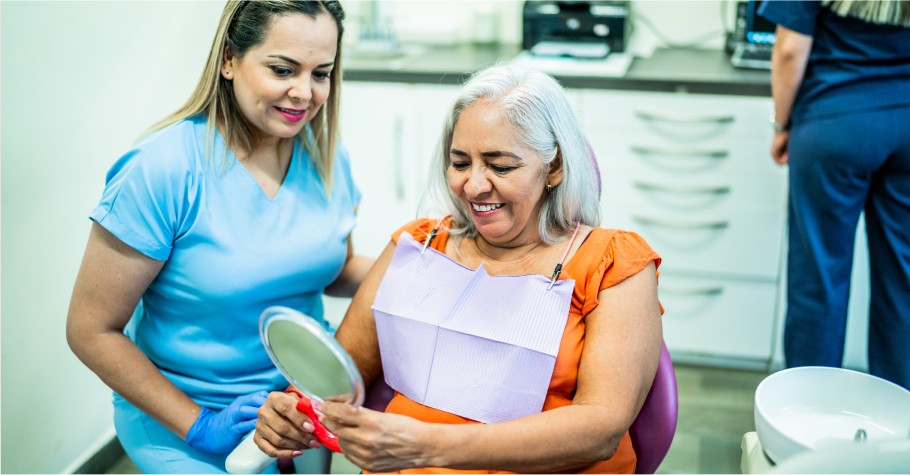
Tips for building patient trust with cultural competency
Every time a patient comes to your office is an opportunity to build their trust in the care you provide. One way to do this is through being culturally aware. As a nation of immigrants, the United States has been becoming more diverse for a long time. The U.S. Census Bureau predicts that by 2060, the United States will become a majority-minority nation, with non-Hispanic Whites making up less than 45% of the population.
Being aware of cultural differences between your practice and your patients, especially around language, can help you to deliver great care outcomes that leave patients not just healthy but happy.
What is cultural competency?
There are five components to cultural competency:
1. Cultural awareness. This means taking the time to understand patients’ beliefs, values and practices.
2. Cultural knowledge. This means learning about the world views of diverse patient groups.
3. Cultural skill. This means collecting relevant cultural data about the patients’ health problems and conduct interviews and evaluations to determine treatments based on needs.
4. Cultural encounters. This means participating in multicultural activities to learn about diverse groups.
5. Cultural desire. This means delivering care for all patients equally, regardless of cultural values and beliefs.
Developing cultural competency is a high-minded goal, and it won’t be achieved overnight. You can start small with some of the following steps:
- Attend classes and continuing education courses, onsite or online, that address social customs among different cultures in your community.
- Go to multicultural events to learn about the interests, lifestyles and values of people with diverse backgrounds and form relationships.
- Learn a few key phrases in native languages, such as “hello,” “please,” “thank you,” “open wide,” “where does it hurt?” and “do you have any questions?”
- If you have bilingual or multilingual staff members, encourage them to help co-workers communicate with patients.
You can also take advantages of services that make seeing patients of diverse backgrounds easy, like Delta Dental’s Language Assistance Program.
What is the Language Assistance Program?
The Delta Dental Language Assistance Program is assistance offered to Delta Dental enrollees at no added cost. It consists of two key parts:
- Customer Service phone assistance in over 170 languages
- Interpretation services from a qualified interpreter. For onsite interpretation services, patients should contact Customer Service at least 72 hours ahead of their appointment time.
You can find more cultural competency training in Provider Tools. Just log in, click My Account, then Training and simply click the Online Training button.
Recent posts
- Prepare your practice for back-to-school season
- Delta Dental is partnering with dental schools to offer exclusive CE courses
- Drive better patient experiences with benefit conversations
- Offer care beyond the chair with teledentistry
- Healthy mouths begin with hygienists
- How to educate patients and make them partners in oral health
- Dr. Justin Perdichizzi — serving those who served
- Get your patients to make (and keep) their dental appointments
- One sign-on, many advantages
- Delta Dental hosts in-person Provider Advisory Council in Arizona
